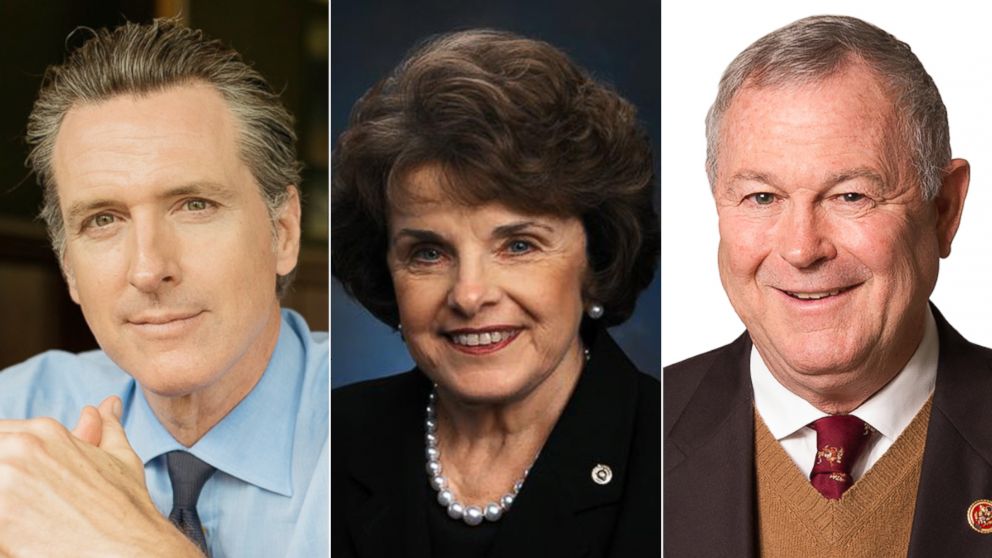California highlights slate of eight primaries Tuesday
Eight states are holding primary elections on Tuesday night, and California, the largest state in the union, will be at the center of the action.
Competitive races for governor, U.S. Senate and a slew of U.S. House seats, combined with the state's "jungle primary" system where the top two candidates regardless of political party advance to the November election, present both Republicans and Democrats with unique challenges.
The Democrats' attempt to retake the U.S. House runs through a slew of California districts, including the seven GOP-held districts Hillary Clinton won in the 2016 presidential election. But crowded primaries have generated headaches for Democrats where the party is in danger of not having a single candidate advance to November, a risk that has forced them to spend millions to avoid an electoral catastrophe.
The two statewide races for governor and U.S. Senate in the state highlight the fight to claim the progressive mantle in the Democratic party.
Voters in Alabama, Iowa, Mississippi, Montana, New Jersey, New Mexico and South Dakota also head to the polls Tuesday, where both parties face competitive primaries for U.S. House seats and a number of contentious U.S. Senate and gubernatorial races.
Marquee races include the GOP primary to see who will take on Democratic incumbent Senator Jon Tester, Democratic primaries in several New Jersey U.S. House seats that will be key to the party's hopes of recapturing the majority in Congress' lower chamber, and a governors race in New Mexico that will likely feature two sitting members of Congress.
Here are some of the key storylines and races to watch Tuesday night.
California governors race a "Resistance" launching pad
Democrats feel confident in their chances to hold the governor’s mansion in 2018, and candidates on the left are using the powerful position to fight back against the policies of President Trump and Republicans in Washington, D.C. While all major Democrats running seem to hold very similar policy positions, they are squabbling over who will best ‘stand up to Trump.’
The leader of a state that alone has the world’s fifth largest economy will certainly have a platform to be the leader of the so-called “resistance.”
California is already leading the push back to the Trump administration on issues like climate change, with tough emissions standards, and net neutrality — the state senate recently reinstated web protections for California’s 40 million residents that were stripped by the Federal Communications Commission.
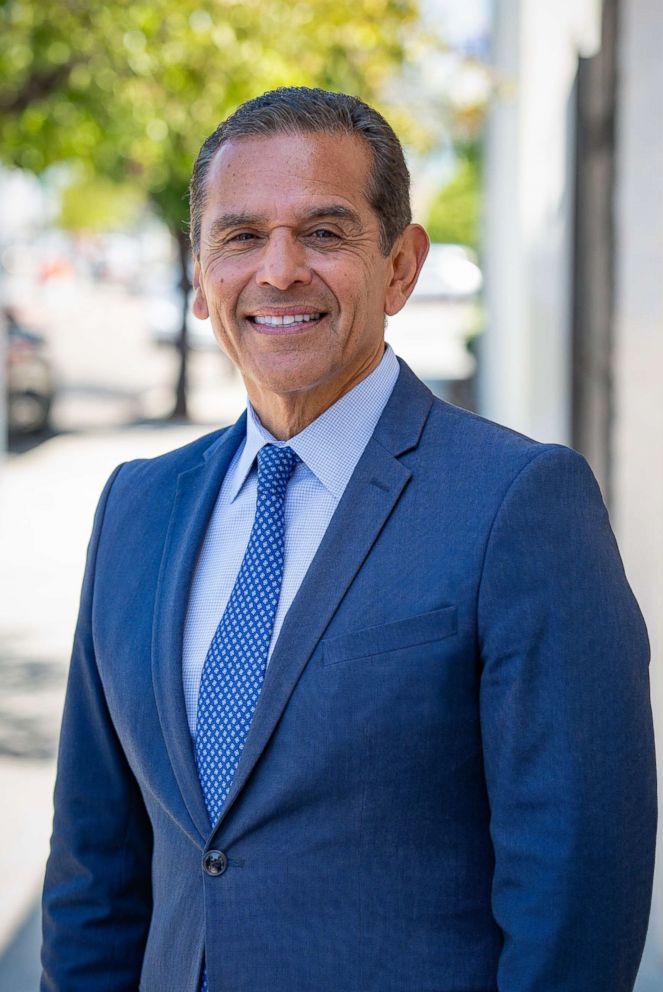
Front-runner Gavin Newsom expects to secure the top spot in the primary race. The current lieutenant governor and former mayor of San Francisco has been touting his progressive record, pointing out that he allowed same-sex marriages in his city in 2004, long before they were supported by the Democratic party.
He faces a democratic challenger in Antonio Villaraigosa, former mayor of Los Angeles. The race amongst Democrats has set up as a north vs. south battle of the former mayors — The San Francisco Chronicle endorsing Newsom, and the Los Angeles Times endorsing Villaraigosa.
Republicans are hoping a late push by candidate John Cox can push him into the 2nd place spot on primary night, eliminating Villaraigosa from contention in November. Cox recieved the twitter endorsement of President Trump in May, coalescing support on the right behind his campaign, and boosting his poll numbers above the other challengers.
If Cox places second – eliminating another Democrat from the general election – it will solidify Gavin Newsom as the likely next governor of California.
Democrats fear Jungle Primary lockouts in Orange County
Three of the most competitive congressional races in the state are taking place in Southern California. All are currently held by Republicans and have long been conservative bastions in the blue state.
But all three also voted for Hillary Clinton in 2016, and that year some incumbents barely eked out a victory. The retirements of Rep. Darrell Issa in the 49th Congressional District and Rep. Ed Royce in the 39th, along with decreasing approval ratings for incumbent Rep. Dana Rohrabacher in the 48th, have fueled Democratic hopes that those seats could be flipped come November.
A total of 47 candidates are running Tuesday across the districts, threatening to upend hopes in a "jungle" primary system, where only the top two will make it through to the general election regardless of party affiliation.
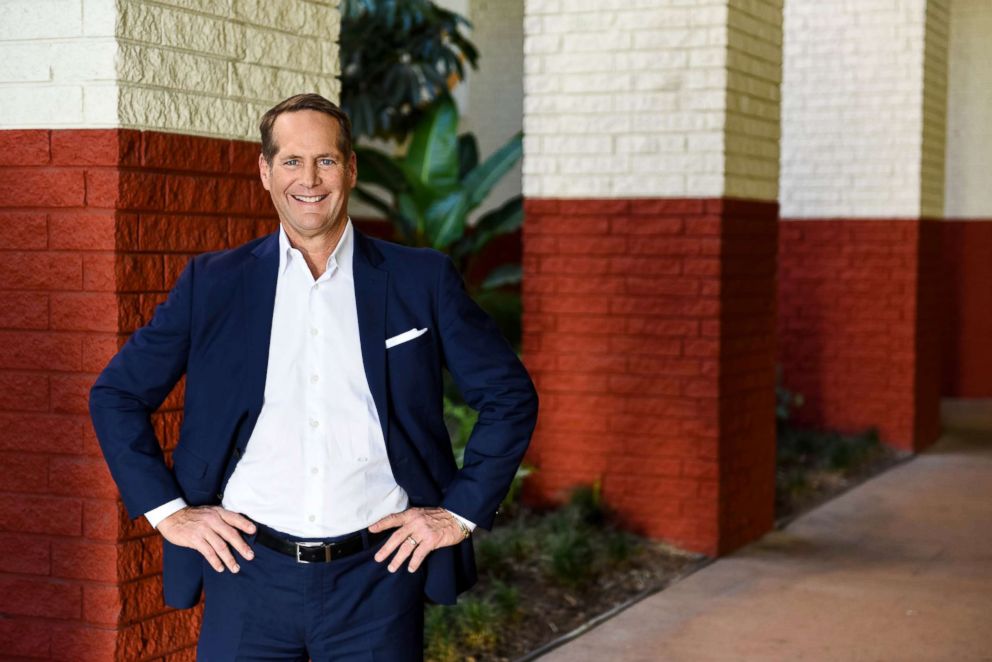
For some, it's their first foray into national politics. For the parties, it's a test of having too much of a good thing – as a crowded primary field with these primary rules could splinter the vote and give the November election to the opposing party.
National Democrats have spent more than $8 million to avoid getting shut out of these races. They have also favored candidates who can pull their own financial weight – three of the most self-funded congressional campaigns in the nation are Democrats in this enclave of growing anti-Trump sentiment.
In the 39th district, millionaire Democratic candidates Gil Cisneros and Andy Thorburn traded barbs and insults – and even threatened legal action – for months, prompting the state party to broker a truce lest the negativity keep them out of the running.
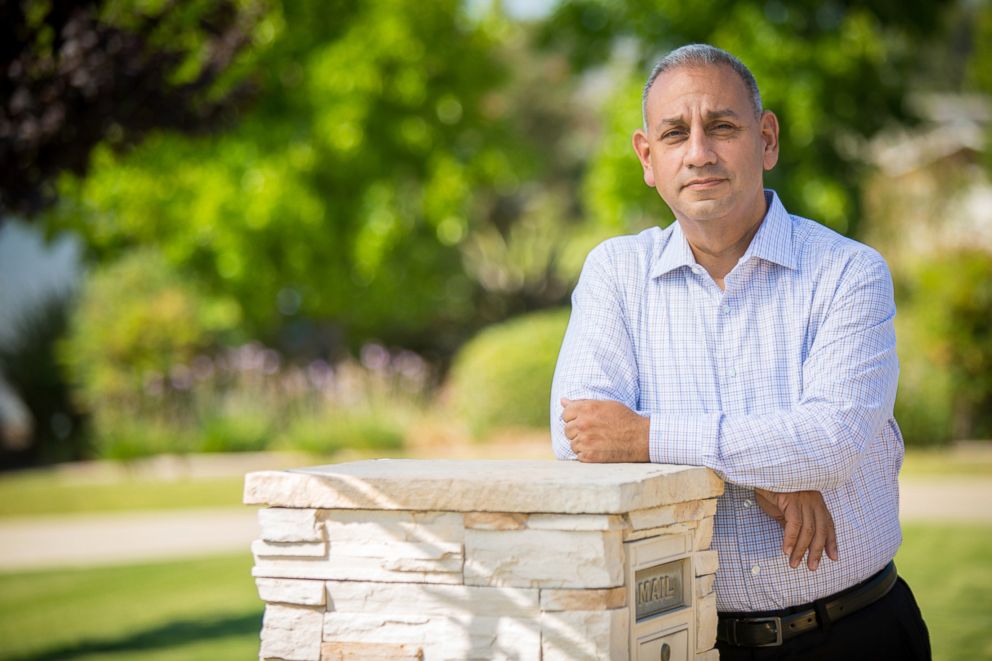
In the 48th district, Rep. Rohrabacher is facing his toughest primary in his three decades in congress, with low approval ratings (largely due to his relationship with the Kremlin and Vladimir Putin), an army of Democrats aiming to unseat him and a former protege's last-minute decision to jump in for a spot in the general.
In the 49th district, the group of Republicans outnumbers Democrats but the latter are far from being in the clear. Democrat Doug Applegate, who lost to Issa in 2016 by just 3 points, is running again.
But the grassroots leaders who organized protests in front of Issa's office for 67 weeks – often credited with driving the Republican into retirement – have endorsed environmental lawyer Mike Levin.
Democrats are scarred from being shut out of a California race in the past, and know that the path toward reclaiming majority in the House goes through this disparate stretch of Southern California.
Feinstein faces a test from the left
It’s not a Republican challenge that incumbent Democratic Senator Dianne Feinstein, who is longest current-serving female U.S. Senator, is worried about in 2018, but one from within her own party. Former California State Senate President pro tempore Kevin de León is running at Feinstein from the left, hoping to portray the 84 year-old as out of step with today's Democratic Party.
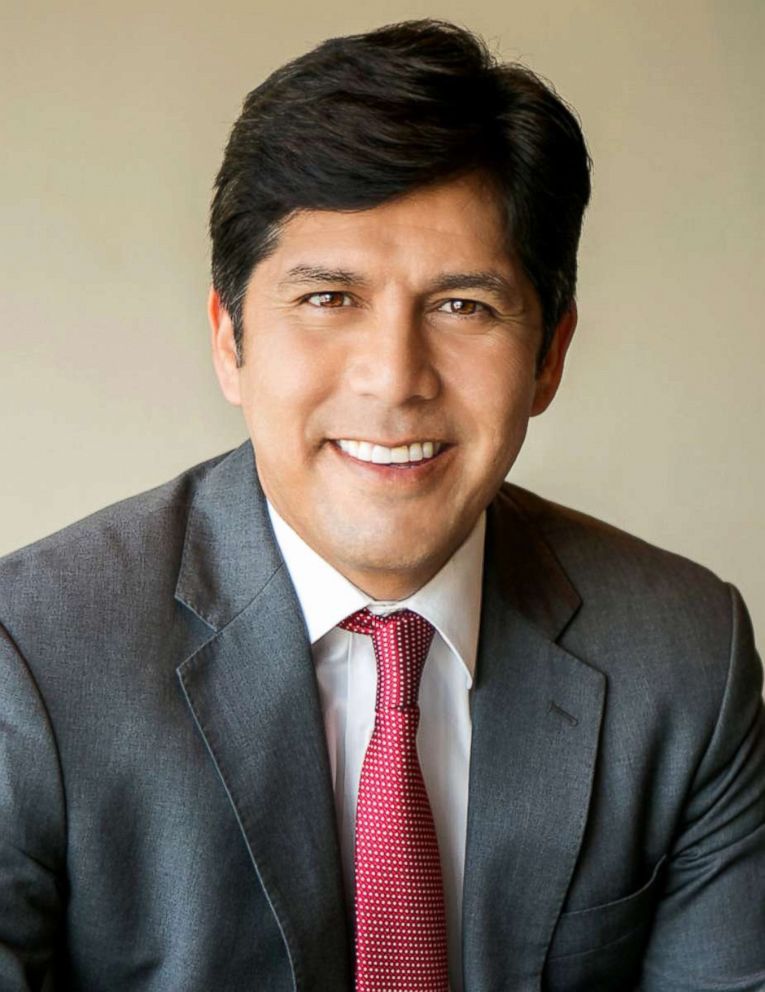
Feinstein has the backing of a slew of Democratic heavyweights – including former President Barack Obama and former Vice President Joe Biden, and is widely expected to take the lion's share of the vote Tuesday. Republicans are in danger of being shut out of the U.S. Senate race entirely if de León is able to generate enough support to force a second round between him and Feinstein in November.
Eleven Republicans filed to run for U.S. Senate in California, but it's unclear any have gained enough traction with voters to emerge as the main challenge to de León for the second spot on the November ballot. Rocky de La Fuente, a Republican businessman who is running for the U.S. Senate in both California and Florida in 2018, is one GOPer with a chance to make the November ballot.
But even if de León is able to secure a spot on the ballot in the fall, the question remains as to whether or not the sentiment that Feinstein is too moderate and has been in politics for too long is strong enough that she could be defeated.
The gas tax and a recall
A key down ballot race to watch will be in California State Senate District 29, where Democrat Josh Newman faces a recall election initiated by Republican activists angered over his vote in favor of a bill that increased California's gas tax.
The recall effort against Newman will also provide a barometer of the support for a full repeal of California's gas tax, which will be on the November ballot. A victory for the GOP would also end Democrats' two-thirds super-majority in the California State Senate.
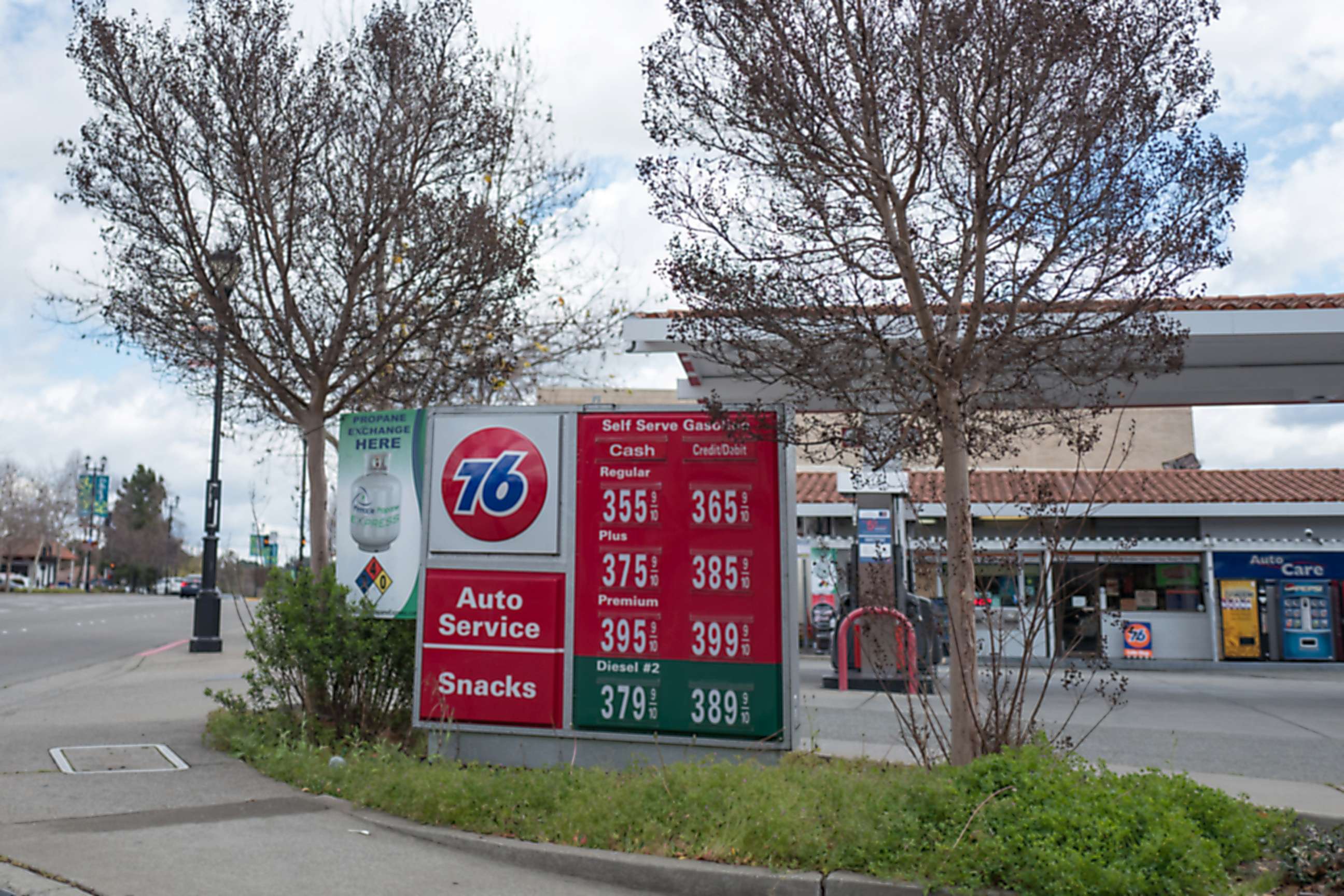
Newman says he does not regret his vote for the gas tax increase, and last year called himself "probably the least ideological Democrat in the state senate" when asked about the recall effort against him.
Newman also has the backing of California Gov. Jerry Brown, Kevin de León and various progressive groups.
Republicans are rallying around former California Assemblywoman Ling Ling Chang, who has made her opposition to the gas tax a centerpiece of her campaign. Republicans are also hoping the recall effort booths enthusiasm and turnout in the 39th congressional district, where portions of the state senate district are located.
Voters will decide both whether to recall Newman, and on a candidate to replace him. If more than half of voters in the district decide to recall Newman, the replacement candidate with the most votes would win the seat.
New Jersey key to Dems path to victory in the House
New Jersey's congressional delegation, currently comprised of seven Democrats and five Republicans, is a prime target for Democrats as they seek to retake control of the House of Representatives in November.
Two GOP representatives in the state, which elected the liberal Phil Murphy governor in 2017 and has voted blue in every presidential election since 1992, have announced their retirements and Democrats expect competitive races in at least two more. The most optimistic voices in the party even believe they could win a clean sweep of the state's 12 seats.
House Appropriations Committee Chair Rodney Frelinghuysen is stepping away from the 11th Congressional District after 24 years in Congress, as is Rep. Frank LoBiondo of the southernmost 2nd Congressional District. Both congressmen joined the House as part of the red wave in the 1994 midterms, notably backed that year by Republicans' "Contract with America."
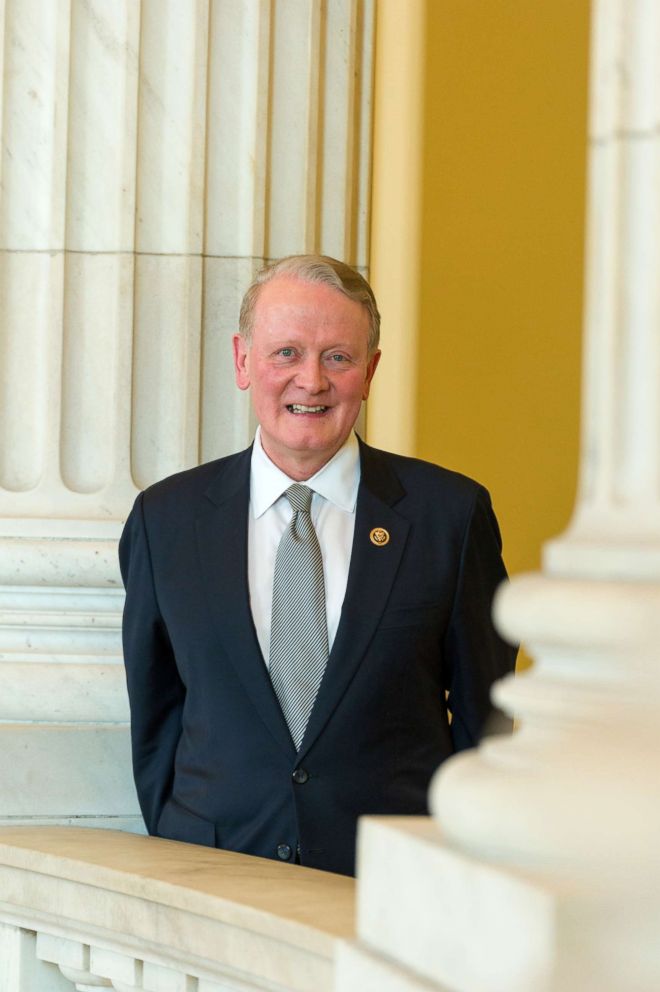
In addition to the 2nd and 11th districts, Democrats see flip opportunities in the 7th Congressional District, where Rep. Leonard Lance was reelected in 2016 even as the district went for Hillary Clinton.
They see a similar opening in the 3rd district, whose representative Tom MacArthur closely aligned himself with the Trump administration's tax reform efforts late last year, despite the impact its state and local tax deduction decreases would have upon his constituents.
New Jersey property taxes are among the highest in the nation, leading Frelinghuysen, Lance, LoBiondo and Rep. Chris Smith of New Jersey's 4th district to vote against the Tax Cuts and Jobs Act in December. MacArthur was the lone Garden State representative of either party to support the bill.
Notable Democrats seeking their party's nomination in those competitive districts include Mikie Sherrill, a former Navy pilot and federal prosecutor running in the 11th; Tom Malinowski, who served as an assistant secretary of state in the Obama administration and is running in the 7th; and Andrew Kim, an Obama national security adviser running unopposed in the 3rd district's primary. State Sen. Jeff Van Drew is the the Democratic primary favorite in the 2nd district after being named to the DCCC's "Red to Blue" initiative earlier this year.
In November, the party will also seek to defend the 5th congressional district, where Rep. Josh Gottheimer, a 2008 Clinton campaign adviser, was one of only six Democrats nationwide to defeat a Republican incumbent in 2016.
Other key races to watch
California’s 10th Congressional District: The issue of immigration looms large in this and the other Central Valley districts, and has Democrats aiming to flip a number of GOP-held seats in the region. Republican incumbent Rep. Jeff Denham, an Air Force veteran who has held this seat since 2011, is a top Democratic target. California’s 10th district is 42 percent Latino and voted for Hillary Clinton 48 percent to 45 percent.
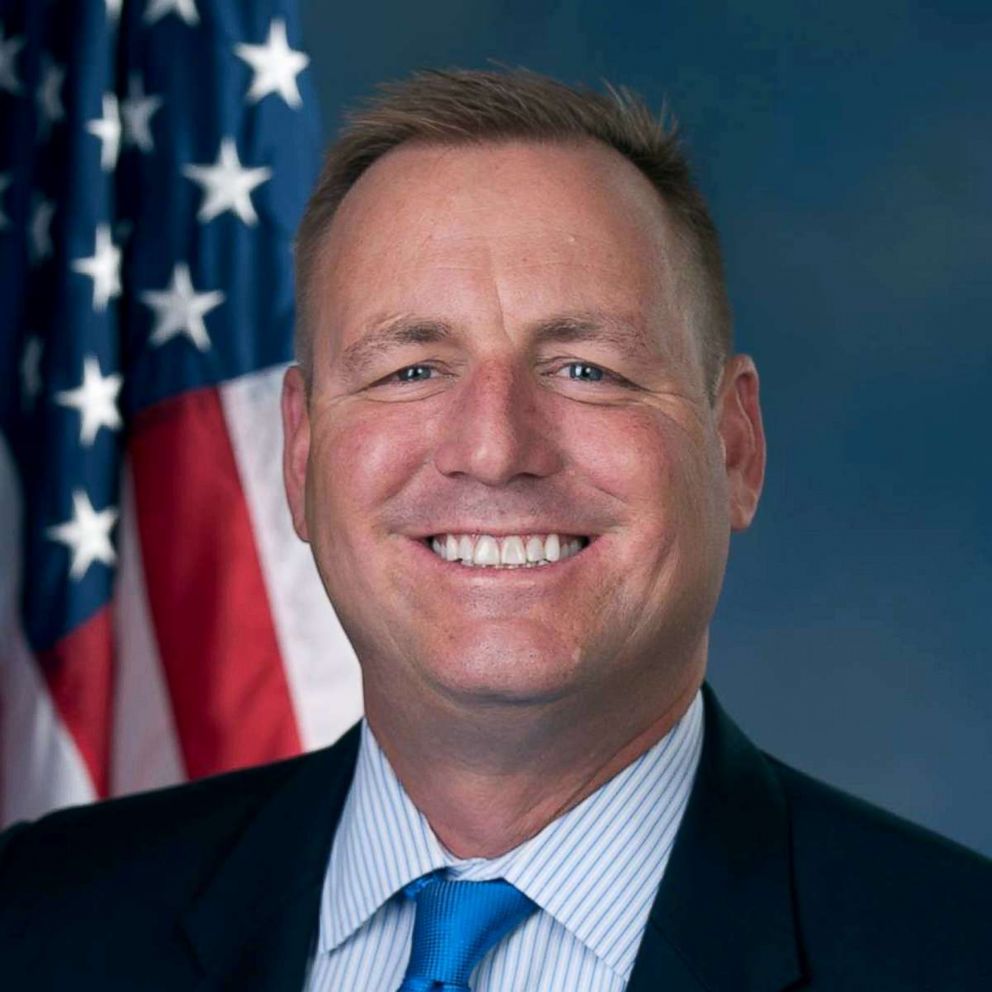
Denham is in good shape to advance to November, but second spot is a contested race between five Democrats: Michael Eggman, who was the party’s nominee for the seat in 2014 and 2016, venture capitalist Josh Harder, former Riverbank Mayor Virginia Madueno, Modesto school board official and emergency room nurse Sue Zwahlen, and Dotty Nygard, another registered nurse. Harder leads the pack in fundraising, Eggman has a built-in advantage due to his name recognition, while Madueno has the endorsement of EMILY’s List. Whoever advances is sure to be in a competitive race come November, but will need to drive up Latino turnout in a district that is over 40 percent Hispanic.
California's 21st Congressional District: Hillary Clinton won this district by more than 15 points in the 2016 presidential election, but GOP Rep. David Valadao has won consistently large victories since he was first elected to the U.S. House in 2012, including a 13 point victory in 2016. Valadao has broken from his party on the issue of immigration, taking a much softer approach and defending the Deferred Action for Childhood Arrivals program, or DACA.
Valadao will face Democrat and businessman T.J. Cox in November, as they are the only two candidates on the ballot. In March, Cox was added to the Democratic Congressional Campaign Committee's (DCCC) "Red to Blue" program for top tier candidates, a sign that the party believes they have a fighting chance against Valadao in November.
California’s 22nd Congressional District: Before the Russia investigation and the presidency of Donald Trump, Rep. Devin Nunes was a relatively low-profile congressman, now he has been capitulated into controversy after controversy during his tenure as Chairman of the House Intelligence Committee.
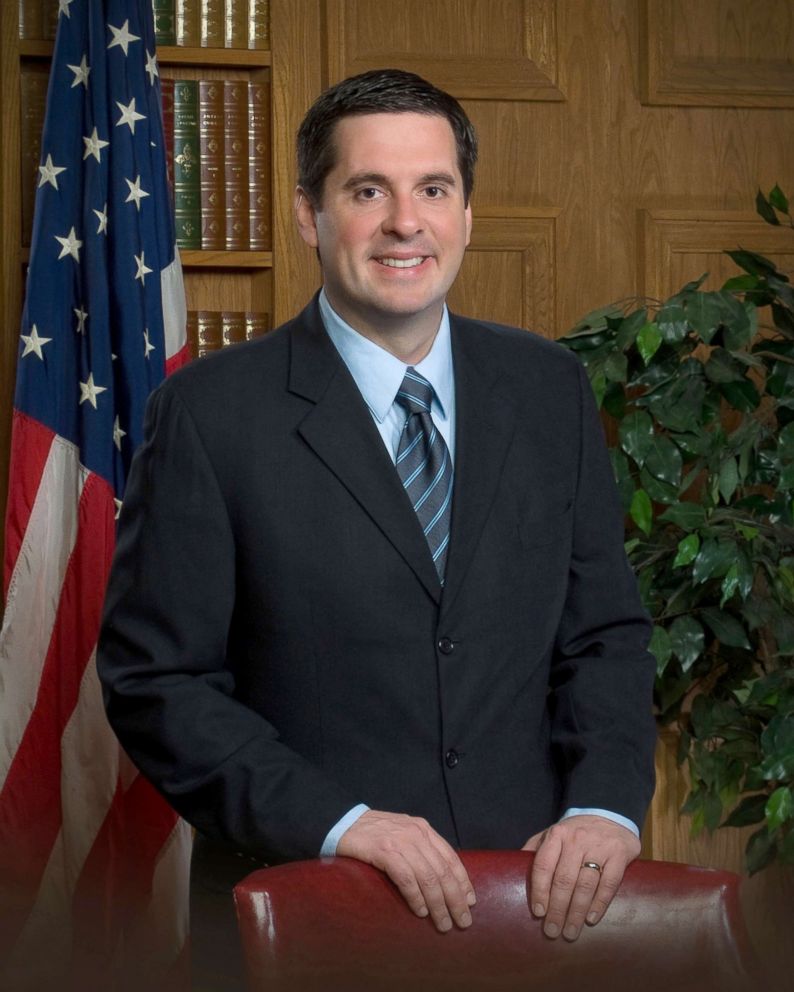
Nunes’ newfound fame is at the heart of the campaign of his likely Democratic challenger, Fresno County Deputy District Attorney Andrew Janz. Consistently hounding Nunes for his handling of the House investigation into Russian meddling in the 2016 election, Janz has proven to be a solid fundraiser and could give the Republican his first real race in years. A key factor to remember is Nunes’ strong relationship with the agricultural community and farmers in the area, the 22nd district has almost 4,000 operating farms according to a 2012 study by the U.S. Department of Agriculture.
California’s 25th Congressional District: GOP Rep. Steve Knight took over this northern Los Angeles County seat in 2014, the Republican Party’s only true presence electorally in the L.A. area. Three Democrats are currently battling for the nomination: non-profit executive Katie Hill, attorney Bryan Caforio and volcanologist Jess Phoenix. Caforio was the party’s nominee in 2016 and lost to Knight by 6 points.
Hill, 31, has the backing of EMILY’s List and has been able to out-fundraise Caforio through the primary. She also made waves with a campaign ad that features her rock climbing ability.
California’s 45th Congressional District: Rep. Mimi Walters took over this Orange County congressional seat in 2014, whose electorate can best be described as quintessential “Country Club Republican.” Hillary Clinton won the upscale, white collar district in 2016 by a margin of 49 percent to 44 percent.
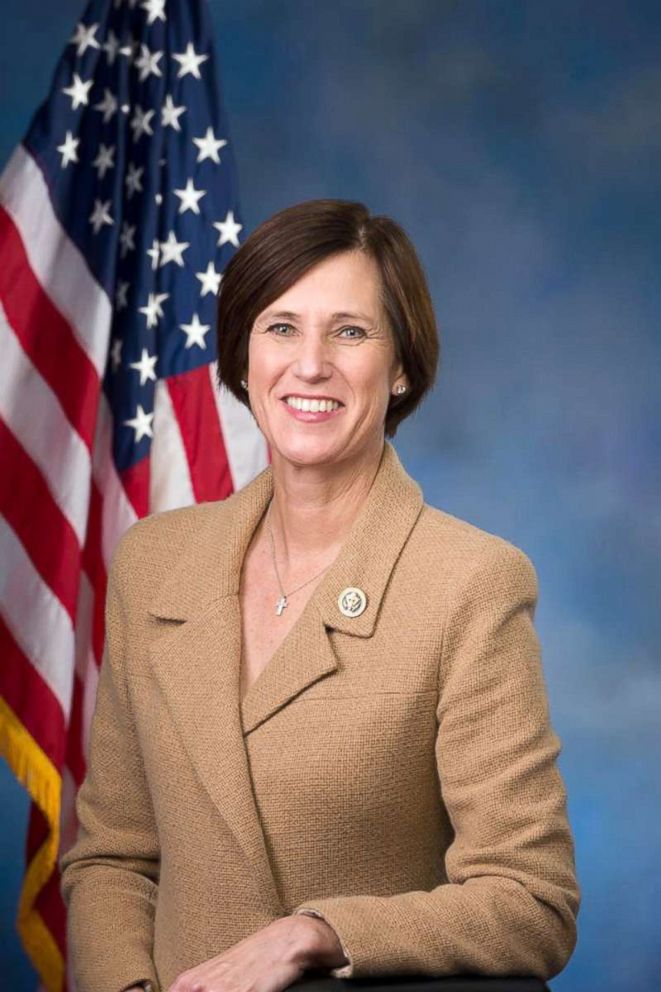
A fiscal conservative and member of the Republican Main Street Partnership had almost $2 million on hand in March, and will be a very tough out in November considering she won re-election in 2016 by a margin of 59 percent to 41 percent.
Four Democrats are battling for the right to take on Walters in November but Dave Min, a former aide to Senate Minority Leader Chuck Schumer, and consumer protection lawyer Katie Porter have emerged as the top two contenders. Porter has the endorsements of Senators Kamala Harris and Elizabeth Warren, as well as the backing of EMILY’s List, but Kim won the endorsement of the California Democratic Party and is running as a more moderate alternative to Porter.
California's 50th Congressional District: GOP Rep. Duncan Hunter has held this suburban San Diego seat for nearly a decade, and despite swirling questions around a campaign finance scandal, most believe he will remain in Congress after the 2018 midterms.
However the scandal has drawn numerous Democrats to enter the race to unseat Hunter, including retired Navy SEAL Josh Butner and Ammar Campa-Najjar a former White House fellow and spokesman for the National Hispanic Chamber of Commerce, who is the son of a Mexcian-American mother and Middle Eastern father.
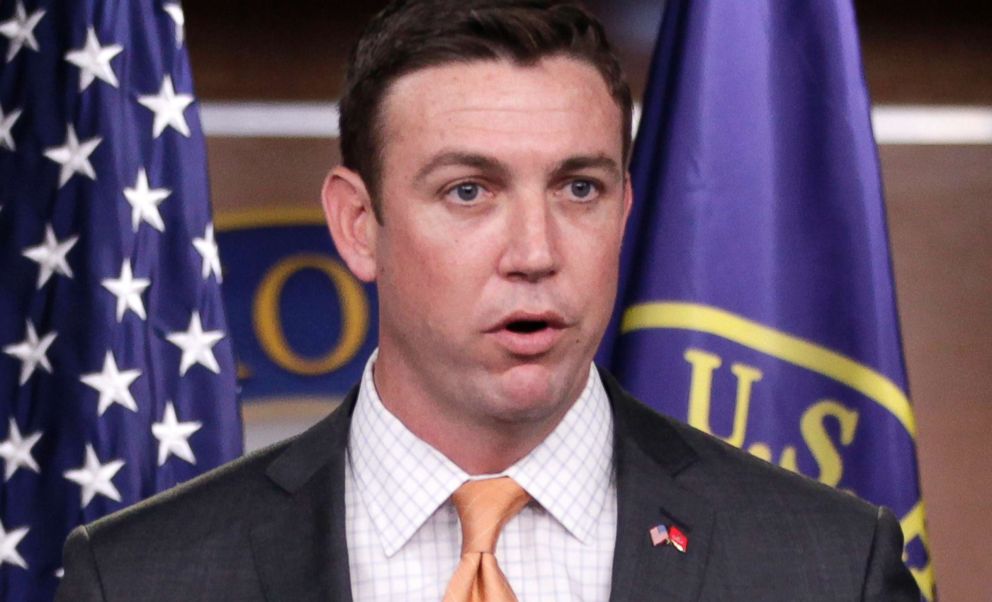
National Democrats believe Butner is in the best position to mount a serious bid against Hunter in the general election.
El Cajon Mayor Bill Wells, a Republican, is also mounting a challenge to Hunter, but is not likely to earn one of the top two spots.
Montana U.S. Senate: President Trump’s nomination of Dr. Ronny Jackson, his personal physician, to be the next Secretary of Veterans Affairs was sunk due in large part to the allegations brought forth by Montana Democratic Senator Jon Tester.
Tester was already one of ten incumbent Democratic senators up for re-election in states that President Trump won in the 2016 election, but now it seems that President Trump has a personal vendetta and his sights set on defeating him in November.
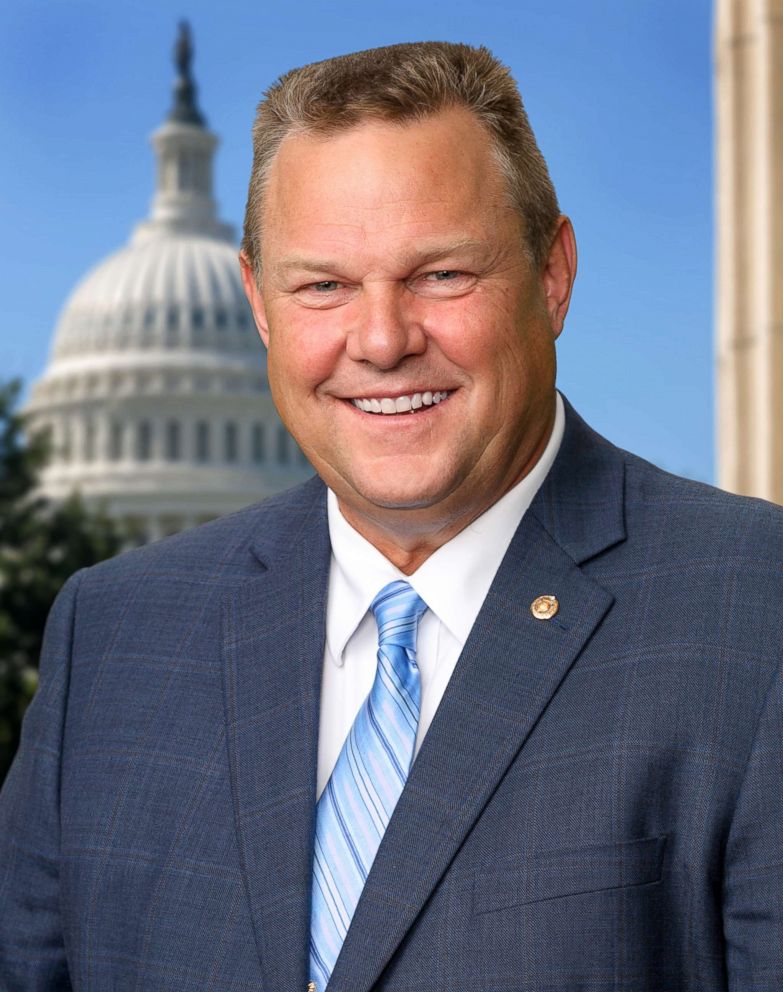
The GOP race to take on Tester is between State Auditor Matt Rosendale, Yellowstone County District Judge Russell Fagg, Air Force veteran Troy Downing, and State Senator Albert Olszewski. Downing, Rosendale and Fagg have all raised over $1 million this cycle, but Rosendale leads the pack in cash on hand. Tester has never won over 50 percent in both of his two victories (2006, 2012), but his personality and position as a well-known advocate for Montana positions him to be a tough out for Republicans no matter who advances Tuesday to face him in November.
Montana’s At-Large Congressional District: Democrats have tried and failed since 1996 to capture Montana’s lone U.S. House seat, but the party senses a unique vulnerability this cycle in the GOP Rep. Greg Gianforte.
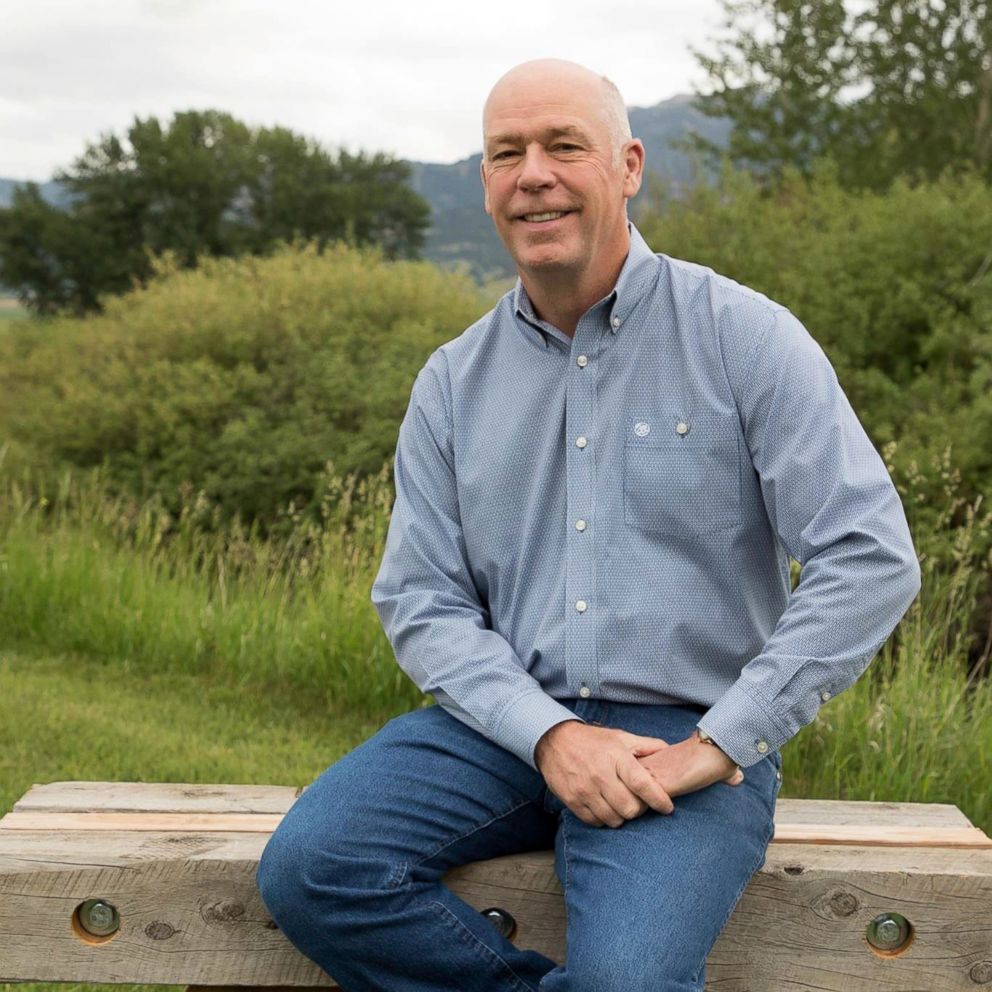
While it wasn’t enough for Democrats to win a 2017 special election against Gianforte, the businessman-turned-politicians attack on journalist Ben Jacobs, for which he pleaded guilty to misdemeanor assault, is probably what he’s best know for outside of Montana. Last week, Montana Democratic Party Executive Director Nancy Kennan formally requested a congressional ethics investigation into statements Gianforte made after the attack claiming the Jacobs was the aggressor.
Five Democrats are vying for the chance to unseat Gianforte, but former land-trust director Grant Keir and Billings attorney John Heenan are currently the leading contenders. State Rep. Kathleen Williams is also running, and if she wins in November would be the first woman to win a House seat in Montana since Jeannette Rankin in 1941, who was the first woman elected to Congress in American history.
Iowa Governor: The five Democrats vying to take on incumbent GOP Gov. Kim Reynolds includes a cast of characters from around the state of Iowa, a state Barack Obama carried twice in his presidential victories, but swung heavily towards Donald Trump in the 2016 election.
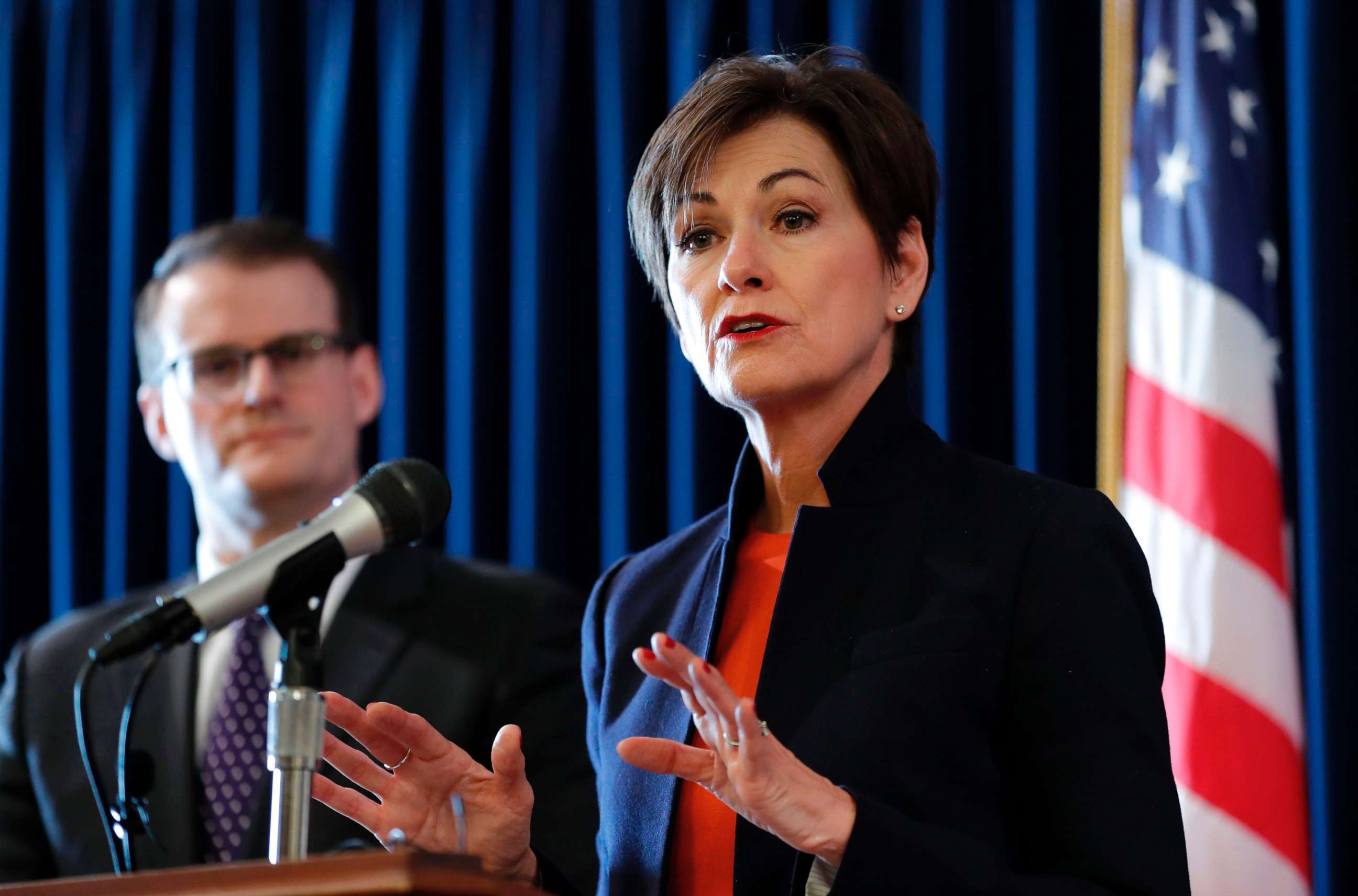
The race was upended in May when Democratic candidate State Sen. Nate Boulton dropped out of the race after accusations of sexual misconduct surfaced against him. The five major Democratic contenders include businessman Fred Hubbell, former Iowa Democratic Party Chairman Andy McGuire, former Iowa City Mayor Ross Wilburn, former chief of staff to Iowa Governor Tom Vilsack and union leader Cathy Glasson.
Hubbell is viewed as the front-runner over his four opponents, but needs to top 35 percent to win the nomination outright on Tuesday, otherwise the nomination would be decided at a state convention on June 16th.
New Mexico Governor: The race to succeed GOP Gov. Susana Martinez, the nation’s first Hispanic female governor, looks like it will be congressman versus congresswoman.
Democratic Rep. Michelle Lujan Grisham and GOP Rep. Steve Pearce are the two front-runners and will likely face each other in November in a state that has only voted Republican once in the last seven presidential elections. Grisham will face State Sen. Joe Cervantes and businessman Jeff Apodaca (the son of a former governor) in the Democratic primary, while Pearce is running unopposed.
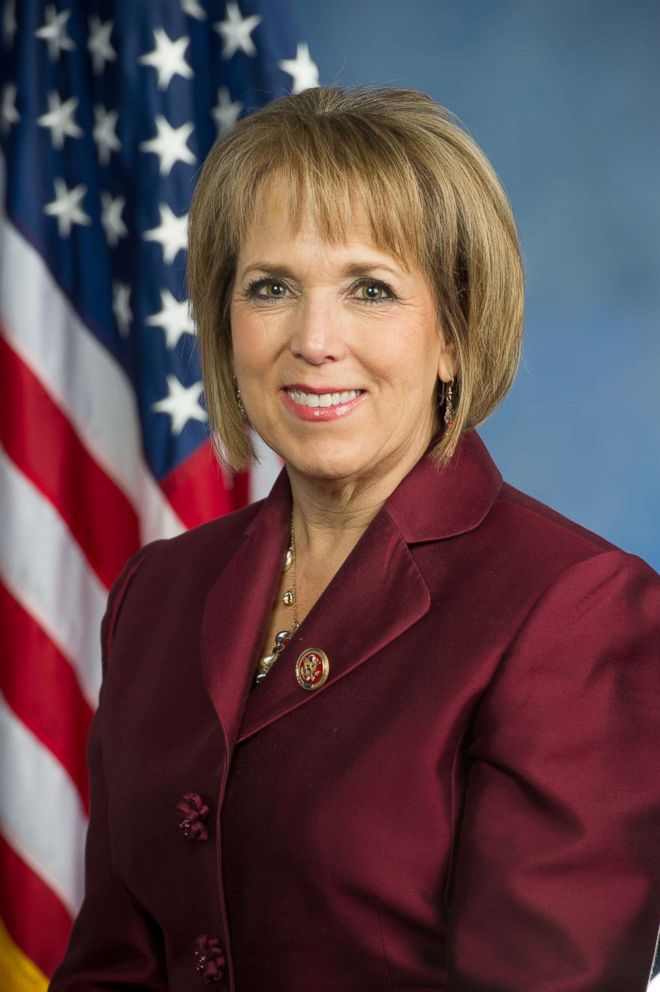
New Mexico’s 1st Congressional District: The open seat race for Grisham's seat has attracted a diverse array of candidates. Debra Haaland, a member of the Laguna Pueblo, is hoping to become the nation's first Native American congresswoman. Other candidates include a Hispanic former U.S. attorney, a Sandia National Laboratories physicist and a conservative immigration lawyer.
Pat Davis, a Democratic candidate who recently dropped out of the race and endorsed Haaland, dropped perhaps one of the most memorable campaign ads of the midterm cycle entitled: "F--- the NRA."
New Mexico's 2nd Congressional District: Pearce's decision to run for governor also opened up the state's sprawling 2nd congressional district, which covers more than half of the entire state of New Mexico.
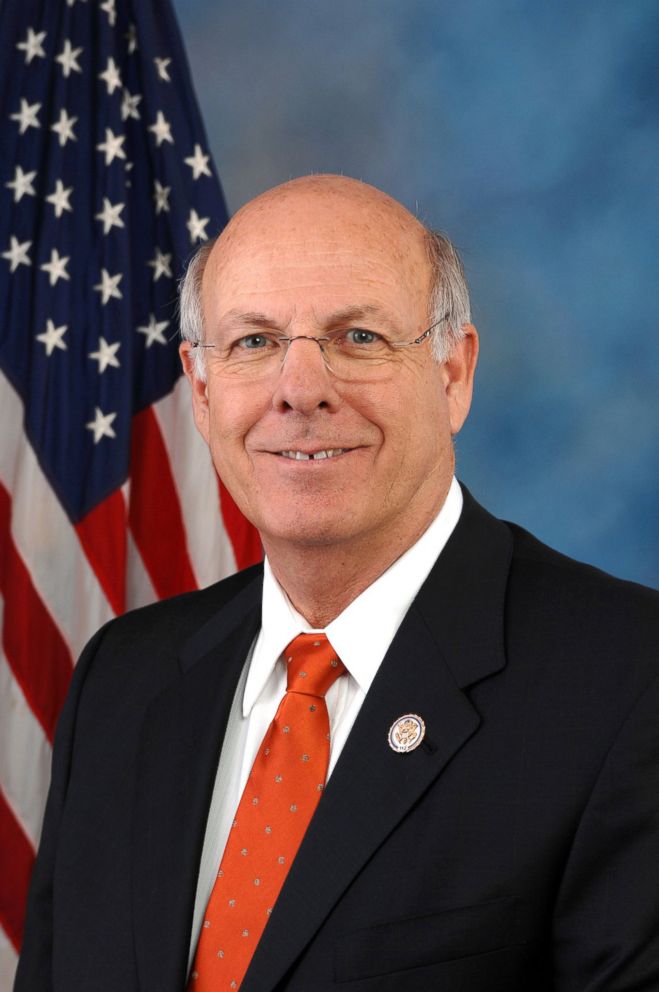
Four Republicans and two Democrats are competing for the chance to succeed Pearce, who has been in Congress for 13 years. The two Democratic candidates are adjunct government professor Madeline Hildebrandt and attorney Xochitl Torres-Small. Torres-Small was added to the DCCC's "Red to Blue" list in February, and Democrats are hopeful that they can not only hold the state's 1st district, but pick up the state's 2nd district.
But winning in the district is no easy task for Democrats, who have only held the since twice since it's creation in 1969. On the Republican side, the candidates include Gavin Clarkson, a former Trump administration official, Clayburn Griffin, a digital marketing specialist, state representative Yvette Herrell and Monty Newman, the former mayor of the town of Hobbs.
South Dakota Governor: The Republican race between Rep. Kristi Noem and SD AG Marty Jackley is close, and has turned nasty in recent weeks, with the two candidates exchanging sharp words in the campaign's final days, with Jackley's campaign accusing Noem of going negative and Noem emphasizing her support for President Trump's agenda in Washington.
“It’s a shame Marty Jackley has chosen to ignore the huge win Kristi Noem and Donald Trump delivered for South Dakotans in repealing the individual mandate and gutting Obamacare," Noem's campaign manager Justin Brasell said in a statement released late last week.
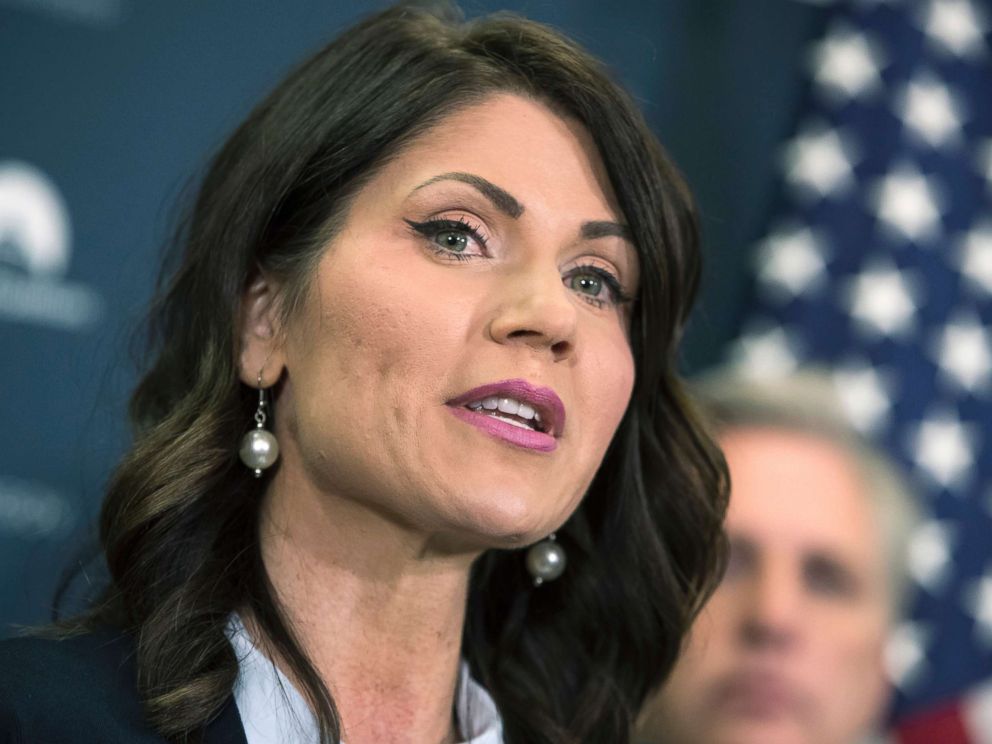
On the Democratic side South Dakota State Senator Billie Sutton is hoping a compelling background and populist rhetoric can give him a fighting chance in a deep red state. Sutton was paralyzed in a rodeo accident in 2007 at the age of 23, and eventually found his way into politics in 2010, winning a seat in the state senate, where he has risen to the position of Minority Leader.
Sutton's challenge remains steep in a state that President Trump won by nearly 30 points in the 2016 presidential election. Whoever advances on the Republican side becomes an immediate favorite in November.
WATCH LIVE TUESDAY: You can watch livestreaming coverage of all the primary action starting Tuesday at 10 PM Eastern/7 PM Pacific on ABCNews.com or on the ABC News app available on the Apple App Store, Google Play Store, Apple TV App Store, and Roku Channel Store.
Don’t forget to sign up for Midterm Elections Alerts to get more coverage of this year’s election season from our powerhouse politics team.
